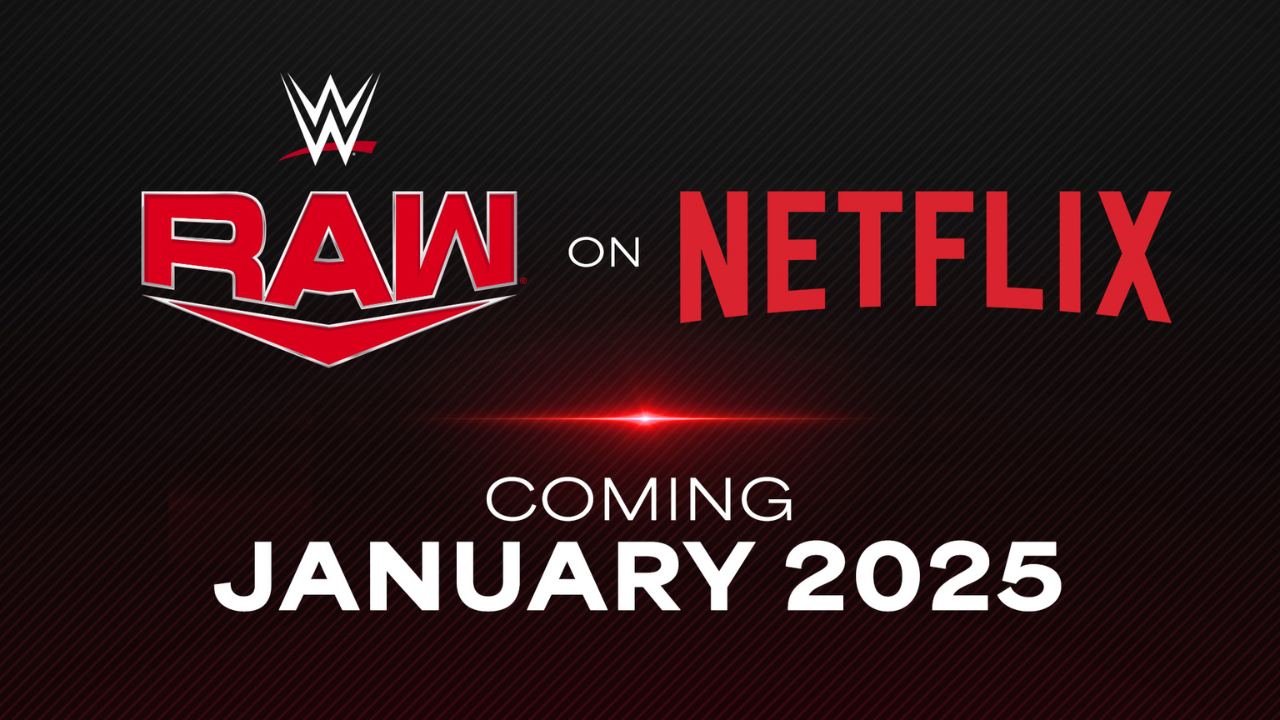
In a move that has sent shockwaves through the world of sports entertainment, WWE Raw, one of the most iconic and long-standing wrestling programs, is set to make a groundbreaking transition to Netflix in 2025. This decision marks a pivotal moment in the evolution of wrestling entertainment, reflecting the changing landscape of media consumption and the growing influence of streaming services in the realm of sports entertainment.
The End of an Era and the Dawn of a New Chapter
For decades, WWE Raw has been synonymous with cable television, drawing millions of viewers every week with its blend of athletic prowess, dramatic storytelling, and larger-than-life characters. Its migration to Netflix represents not just a change of platform, but a fundamental shift in how wrestling content is consumed and distributed. This transition signifies the end of an era for traditional cable viewership and heralds a new chapter in the digital age.
Strategic Move for WWE and Netflix
This strategic partnership between WWE and Netflix is a masterstroke for both entities. WWE gains access to Netflix’s massive global audience, tapping into a new demographic and potentially gaining a substantial new following. For Netflix, acquiring WWE Raw is a bold foray into the realm of live sports entertainment, a genre that has traditionally been dominated by cable and satellite providers. It’s a move that could redefine the boundaries of streaming content.
The Impact on WWE’s Creative Approach
One of the most intriguing aspects of this deal is how it might influence WWE’s creative approach. Netflix, known for its diverse and often edgy content, might offer WWE more creative liberties. This could lead to more innovative and daring storytelling, pushing the boundaries of what fans have come to expect from WWE programming. The streaming format also offers opportunities for more in-depth character development and long-form storytelling, unshackled from the constraints of traditional TV time slots.
Implications for WWE Fans and Wrestlers
For fans, this move to Netflix is a double-edged sword. While it offers the convenience of streaming and the potential for more enriched content, it also signals the end of free-to-air viewing. Fans will now require a Netflix subscription to follow their favorite wrestlers and storylines.
For the wrestlers, this change could mean more exposure and opportunities to connect with a broader audience. It might also lead to changes in how matches and storylines are structured, considering the binge-watching habits of the typical Netflix audience.
The Broader Impact on the Sports Entertainment Industry
WWE Raw’s shift to Netflix could set a precedent for other sports entertainment brands. This move might encourage other organizations to explore partnerships with streaming platforms, potentially leading to a more diversified and accessible sports entertainment landscape.
Challenges Ahead
However, this transition is not without its challenges. One significant concern is how live events will be handled. WWE Raw’s appeal partly lies in its live, unpredictable nature, and it remains to be seen how this will translate on a streaming platform known for pre-recorded content. Additionally, there’s the challenge of retaining the loyal fan base accustomed to traditional cable viewing while also attracting new viewers in a highly competitive streaming market.
A New Era for Sports Entertainment
As we look towards 2025, the anticipation for WWE Raw’s debut on Netflix is building. This move has the potential to revolutionize not just WWE but the entire landscape of sports entertainment. It’s a bold step into the future, embracing the digital age’s possibilities and challenges.
In conclusion, WWE Raw’s migration to Netflix is more than just a change of platform; it’s a cultural shift in the world of sports entertainment. It reflects the changing dynamics of media consumption and the ever-evolving tastes of audiences worldwide. As WWE and Netflix prepare to embark on this exciting new venture, the world watches with bated breath, ready to witness the transformation of sports entertainment as we know it.




